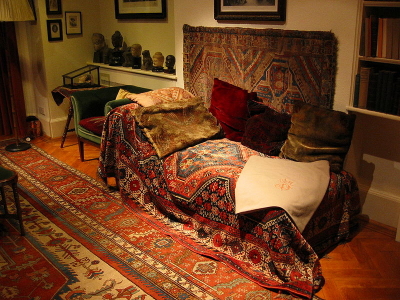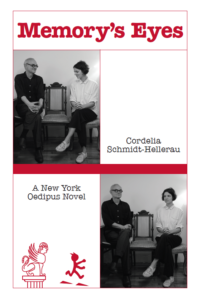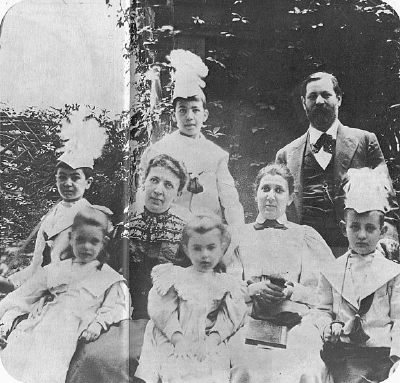Click Here to Read: Freud and the World Wars: From enthusiasm to disillusion to persecution Wallace B. Mendelson M.D.on the Psychology Today website on February 2, 2022.

Click Here to Watch: Meet the Author with Cordelia Schmidt-Hellerau – VIDEO on the Boston Psychoanalytic Society and Institute Website.
Click Here to Read About: Memory’s Eyes: A New York Oedipus Novel on the Boston Psychoanalytic Society and Institute Website.
Click Here to Purchase: Memory’s Eyes: A New York Oedipus Novel on IPBooks.net.

Click Here to Read: How a jade ornament from China casts new light on Freud’s psyche: An exhibition at the analyst’s London home, now a museum, aims to unlock what the Orient meant to him by Vanessa Thorpe on the Guardian website on January 16, 2022.
Photograph of the family of Sigmund Freud. Front row: Sophie, Anna and Ernst Freud. Middle row: Oliver and Martha Freud, Minna Bernays. Back row: Martin and Sigmund Freud. Public Domain via Wikimedia Commons
